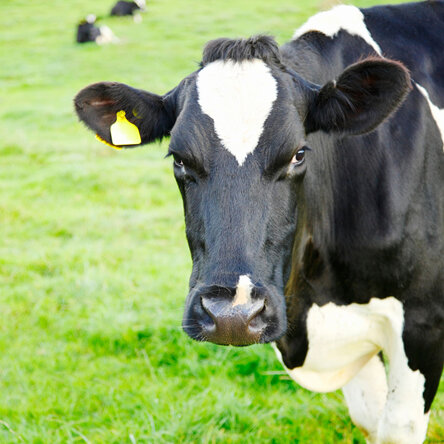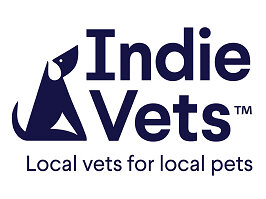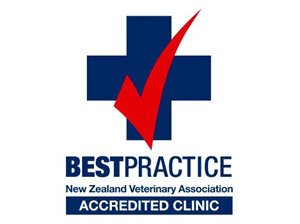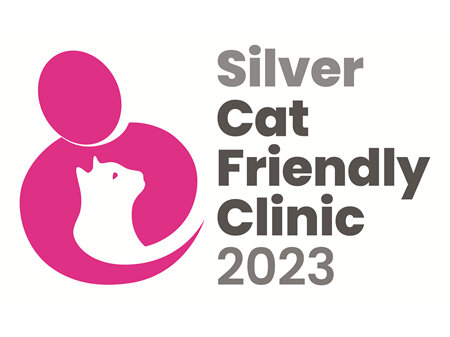Franklin Vets
Franklin Vets - excellence in veterinary care for dairy, farming, lifestyle, equine and household pets. BESTPRACTICE ACCREDITED NZ.
Your account is powered by Storbie. To edit your profile visit my.storbie.com
Your account is powered by Storbie. To edit your profile visit my.storbie.com

Non-cycling is the most common cause of infertility in New Zealand herds.
Non-cycling cows fit into two categories:
These cows reduce submission rates; in turn impacting the 6-week in-calf rate, the number of AB calves, and days in milk for the following season.
A number of factors can contribute to a cow becoming a non-cycler
Pre-mating heat detection (through the use of tail paint or heat mount detectors) is crucial to identify non-cyclers early on. Starting 5 weeks out from planned start of mating (PSM) gives you adequate time to identify whether you have a problem. To reach the target 3-week submission rate of 90%, more than 85% of the herd should have cycled by 10 days before PSM.
The only effective option this close to mating is hormonal intervention. Your vet will be able to tailor a plan that is cost-effective and works for your specific situation, but in general, non-cycler treatments are more profitable the earlier you treat. This is because it:
Now is the time to act, if you think (or know) you have a problem, do not hesitate in getting in touch!
Dr Steph Reid, Farm Vet, Kopu.
Franklin Vets - excellence in veterinary care for dairy, farming, lifestyle, equine and household pets. BESTPRACTICE ACCREDITED NZ.



